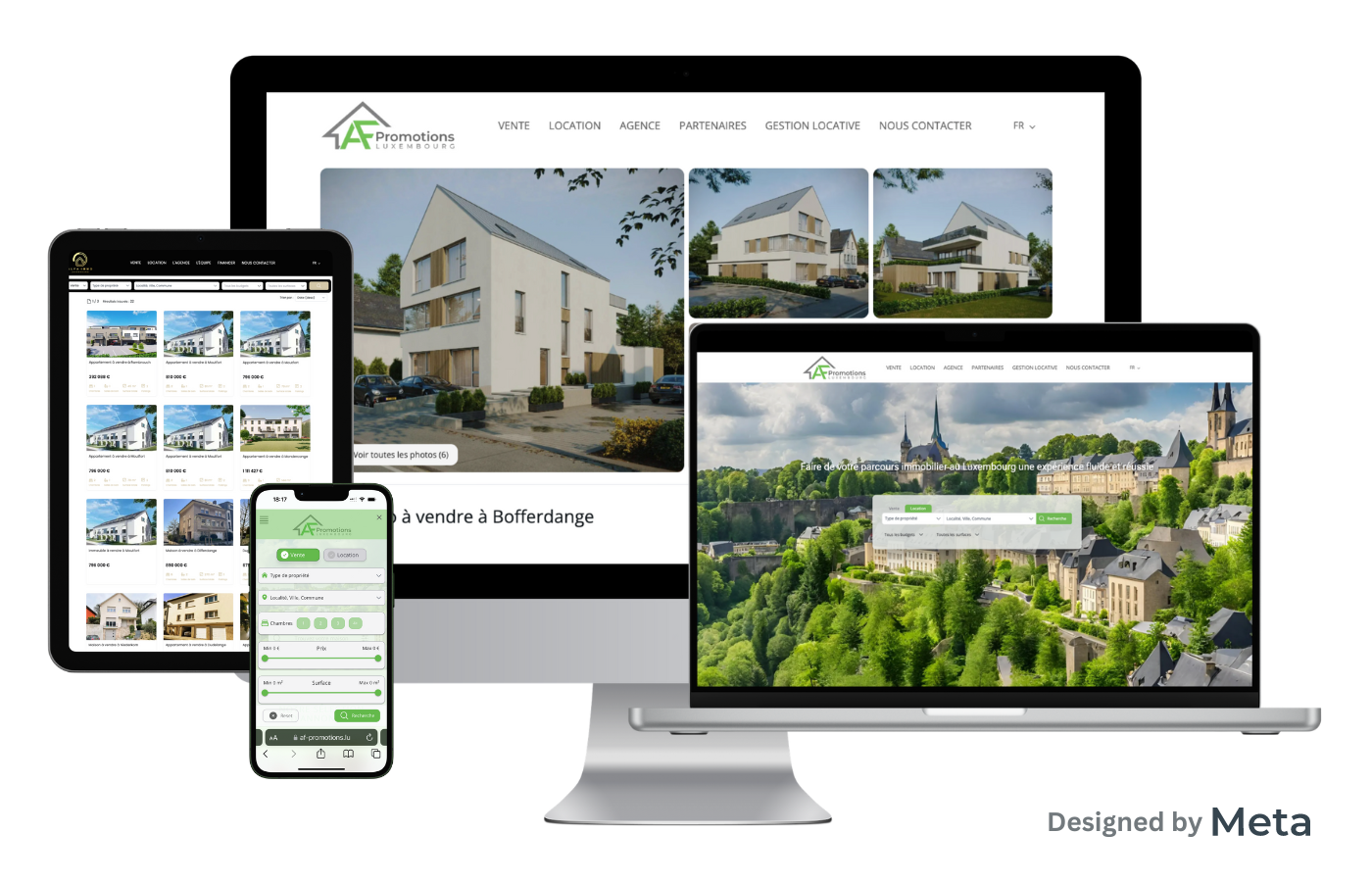Comparison of the advantages and disadvantages of creating a website with WordPress or Native React
In the realm of website development, choosing the right platform is crucial for achieving your project goals efficiently. Two popular options that developers often consider are WordPress and Native React. Both have their strengths and weaknesses, catering to different needs and preferences. Let’s delve into a comparison of the advantages and disadvantages of each:
WordPress
Advantages:
User-Friendly Interface: WordPress boasts a simple and intuitive interface, making it accessible even to beginners with little technical knowledge.
Wide Range of Plugins and Themes: With thousands of plugins and themes available, WordPress offers unparalleled flexibility and customization options.
Quick Development: Building a website with WordPress is generally faster compared to coding from scratch, thanks to its extensive library of pre-built components.
SEO-Friendly: WordPress provides built-in features and plugins for optimizing your website’s search engine visibility, helping improve your site’s ranking on search engine results pages (SERPs).
Large Community Support: WordPress has a vast community of developers and users worldwide, offering extensive documentation, forums, and support resources.
Disadvantages:
Limited Customization: Despite its flexibility, WordPress can be restrictive for highly customized or complex websites that require unique functionalities.
Security Vulnerabilities: As a widely used platform, WordPress is a common target for hackers and malicious attacks, requiring regular updates and security measures to mitigate risks.
Performance Issues: Websites built on WordPress may experience performance issues, especially as plugins and themes add complexity and overhead to the site’s codebase.
Dependency on Plugins: While plugins enhance functionality, relying too heavily on them can lead to compatibility issues, performance degradation, and potential security vulnerabilities.
Regular Maintenance: WordPress websites require ongoing maintenance, including updates to the core software, themes, and plugins, to ensure optimal performance and security.
Native React
Advantages:
High Performance: Native React enables developers to build fast and responsive websites, leveraging its virtual DOM and efficient rendering capabilities.
Cross-Platform Compatibility: With Native React, developers can create web applications that run seamlessly across various devices and platforms, offering a consistent user experience.
Code Reusability: Native React allows for component-based development, enabling developers to reuse code snippets and UI components, thereby enhancing productivity and maintainability.
Scalability: Native React is well-suited for large-scale applications, offering scalability and performance optimizations to handle increasing user loads and complex functionalities.
Modern Development Ecosystem: Native React is part of the React ecosystem, which includes a rich set of tools, libraries, and resources for front-end development, fostering innovation and collaboration.
Disadvantages:
Steep Learning Curve: Learning Native React and its associated technologies, such as JSX and Redux, can be challenging for beginners, requiring a solid understanding of JavaScript and modern web development concepts.
Lack of SEO-Friendly Features: Unlike WordPress, Native React does not provide built-in features for SEO optimization, requiring developers to implement SEO best practices manually.
Limited Community Support: While Native React has a growing community of developers, it may not offer the same level of support and resources as more established platforms like WordPress.
Higher Development Costs: Building a website with Native React may require more time and resources compared to using WordPress, especially for projects with simpler requirements.
Compatibility Issues: Native React applications may face compatibility challenges with older browsers and devices, requiring additional testing and optimization efforts to ensure broad compatibility.
The choice between WordPress and Native React depends on various factors such as project requirements, development expertise, scalability needs, and long-term goals. While WordPress is ideal for rapid development, ease of use, and content-focused websites, Native React excels in building high-performance, interactive web applications with a modern development approach. Ultimately, developers should evaluate the strengths and weaknesses of each platform to determine the best fit for their specific project.
Watch Other Blogs

Creation of free websites for real estate agencies in Luxembourg
The current economic context has had a negative impact on the Luxembourgish market, placing many real estate agencies in a challenging situation. The increase in credit rates has led to…

Meta changes its skin: A new chapter, a fresh look
Founded in 2007 in Luxembourg, Meta has made its mark by specialising in the development of bespoke websites and digital marketing campaigns. As the year draws to a close, we…

Digitization – what impact does it have on the environment?
Digitization has a significant impact on the environment, both positive and negative. It is important to understand these impacts so that we can manage them responsibly.